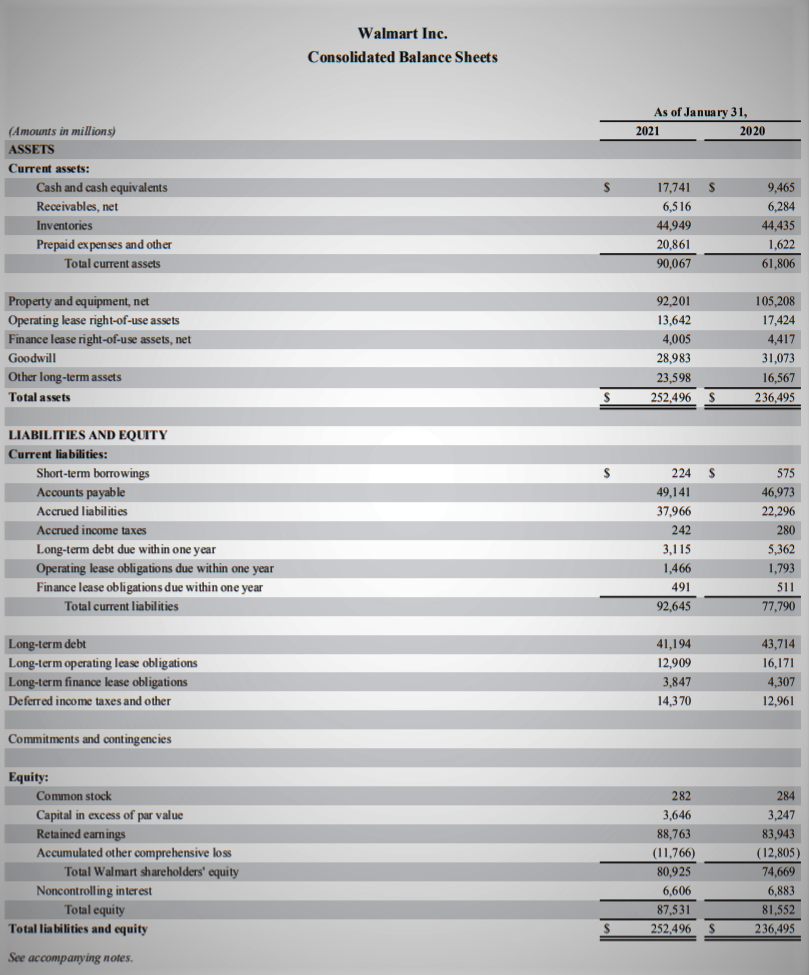4 Easy Steps to Buying an Existing LLC
December 2, 2021

So you aren’t ready to go full send on this one. Instead, you’re buying an existing LLC. It’s less risky after all, isn’t it? Follow these 4 EASY steps when you want to purchase a business.
Key Takeaways on the Steps to Buying an Existing LLC:
- Step 1 - Find an Available Business: To buy an existing LLC, you first need to find one for sale. Utilize resources like local trade groups, newspapers, and online business sale platforms like BizBuySell. Specify the city and industry you're interested in to find relevant options.
- Step 2 - Business Analyzation: Once you've identified a potential business to purchase, thoroughly analyze its operations and finances. Request access to the business's books and records, including ledgers, loans, tax returns, leases, employment agreements, business licenses, the LLC operating agreement, vendor agreements, articles of organization, mortgages, and accounting books. This analysis will help you understand the business's assets, debts, expenses, and revenues. Consider hiring an attorney to review all legal documents.
- Step 3 - Negotiations: If the business seems viable, engage in negotiations for the purchase. You may want to hire a CPA to evaluate the fair market value of the LLC. Decide whether you're buying only the assets or the entire company, and negotiate the price based on thorough market research.
- Step 4 - Acquisition of the Company: Once you reach an agreement with the owner, finalize the deal with a purchase agreement, which details the transaction price and specifics of the purchase. Additional documents may be required, such as a new lease agreement or a non-compete clause for the seller.
The article provides a comprehensive guide for purchasing an existing LLC, emphasizing the importance of thorough research, financial analysis, legal review, and clear negotiations in the acquisition process.
Register Your LLC - Company Registration
START NOWStep #1: Find An Available Business - To Buy An Existing LLC
You could have decided to LLC/registration/" target="_blank" id="">start your own LLC; from scratch.
But NO!
You decided that buying an existing LLC was the right choice for you.
I can respect that. Obviously, in order to buy an already existing LLC, you will need to find one for sale.
This may be easier said than done. Meaning, they aren’t exactly knocking at your front door step asking you to buy their business. Try networking with a local trade group that specializes in the industry you would like to buy a business in. You may be able to find leads in newspapers, as well. For example, try Google:

Then, click on the BizBuySell link.

After doing that, plug in:
- The city in which you’re looking to buy an LLC
- The industry you are interested in buying an LLC

And, MAGIC!
Options that fit the conditions you’ve searched for, should pop up.

Nice.
The point is you must find sources that can provide leads for available businesses.
Step #2: Business Analyzation - You're On Your Way To Buying An Existing LLC
Good for you! You’ve found a business available for purchase. Now, you must look into the business to make sure it is actually worth purchasing.
The best thing you could is, ask the business’s representative for access to the books and records of the business. Ideally, you must be able to analyze anything connected to the operations or finances of the business.
With this, you will have a good picture of what the business is really all about. The lists include (but aren’t limited to):
- Ledgers
- Loans
- Tax returns
- Leases
- Employment agreements
- Business licenses
- The LLC operating agreement
- Vendor agreement
- The LLC’s articles of organization
- Mortgages
- Accounting books
These will tell you what assets, debts, expenses, revenues the business has.
Be sure to look at the financial trends of the business. For example, you would want to look at the business’s balance sheet. This will show you what the financial status is of the business you’re looking into.

It may be in your best interest to hire an attorney to look over all the legal documents with, as they can be difficult to fully comprehend. An attorney will aid you in whether or not you should purchase the LLC.
Step #3: Negotiations - For Purchasing An Existing LLC
So you realize that there is what to talk about when it comes to this specific limited liability company that you’ve been looking into. It is a good business. At this point you may want to hire an CPA that will be able to evaluate the fair market value of the LLC.
Whether you’ve decided to only buy the assets of the company or the entire company, you will have a clearer picture of what to aim at in terms of prices. You will now start discussing prices with the owner of the limited liability company. Make sure you do CLEAR research as to what the CORRECT market value is for the business.

Step #4: Acquisition Of The Company - The Final Step
Congratulations!
You’ve come to an agreement with the company’s owner. The time has come for you to put in writing and exchange funds. At this point both you (the buyer) and the company’s owner (the seller) will sign a purchase agreement.
“A purchase agreement is a legal document that details everything from the transaction price to what specifically you are purchasing to what to do in the event that something goes wrong.”
You may need to sign some other documents as well. For example, you may need to negotiate a new lease or you may want to make the seller sign a non-compete.

In any case, CONGRATS!!

